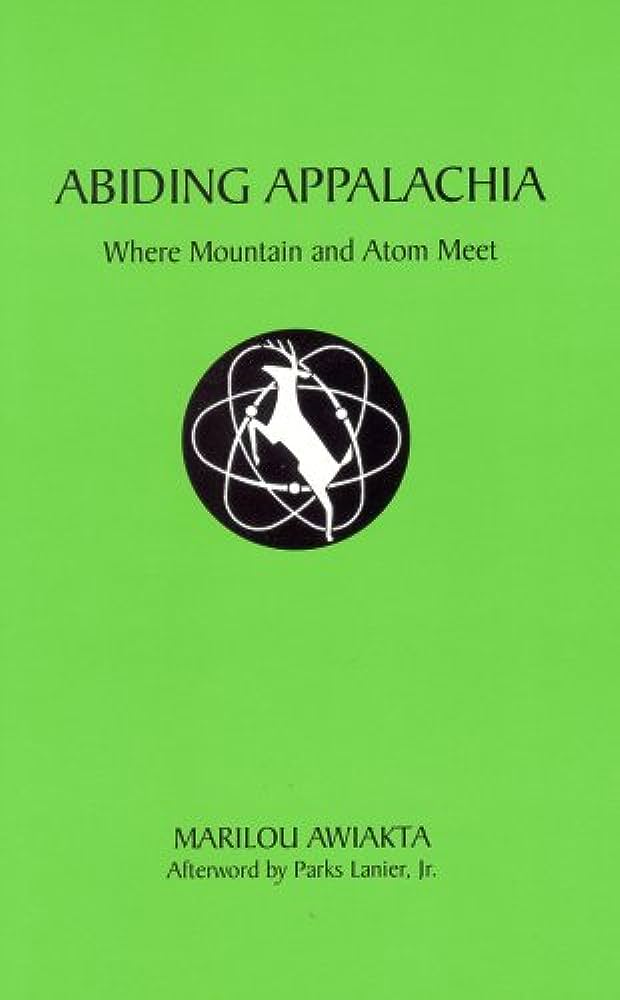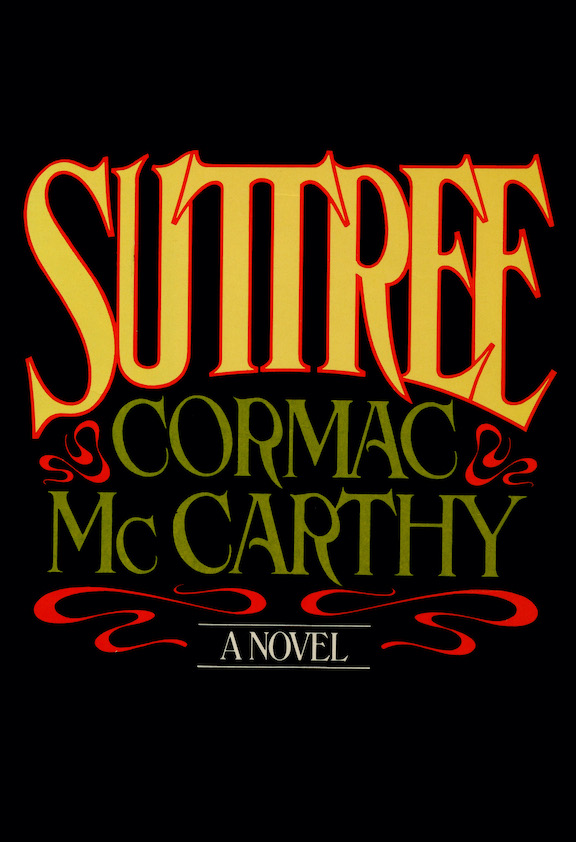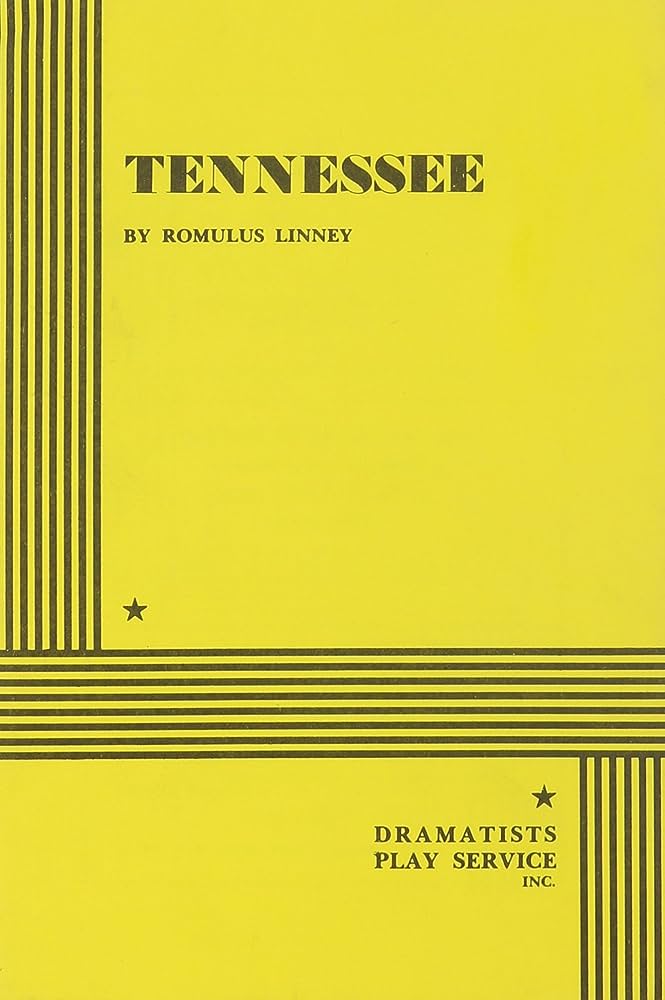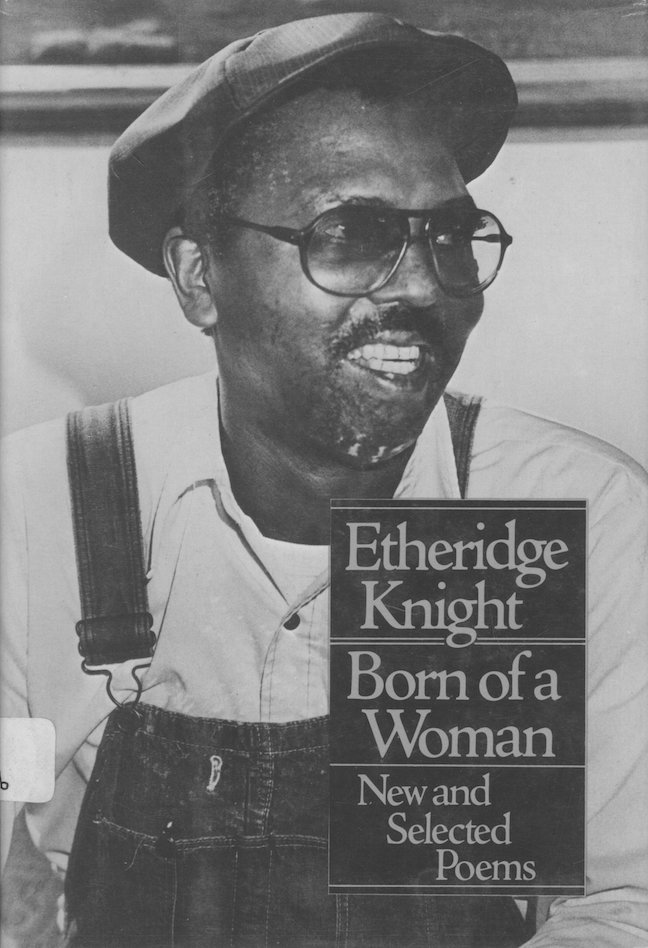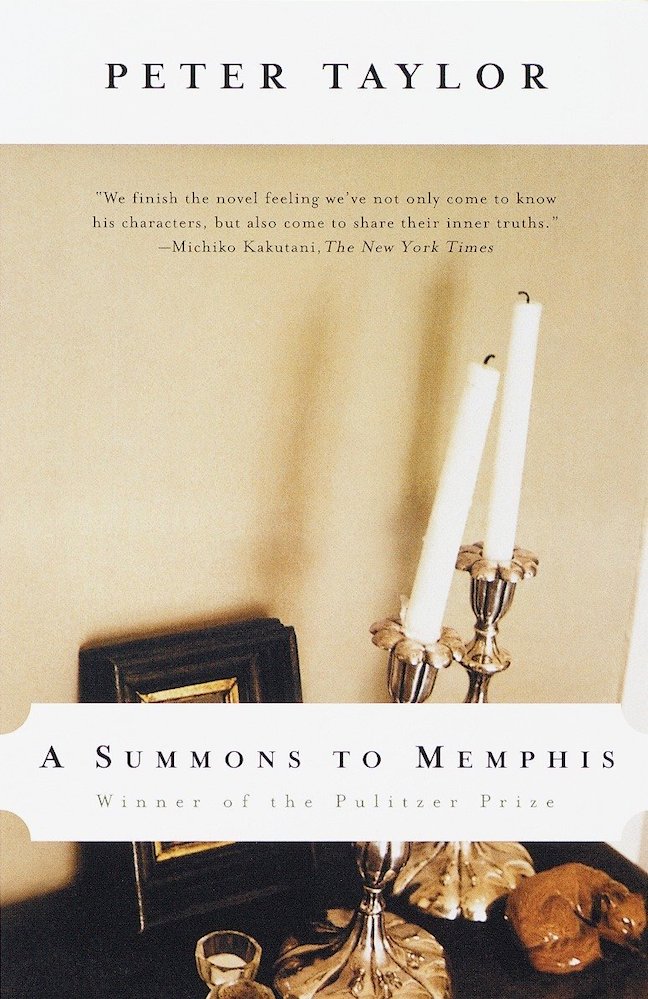The second installment in the 50 Books / HT50 project includes a poetry debut, two acclaimed novels, a collection by a major Black Arts poet, and an enduring one-act play. Two of the authors are native Tennesseans, and collectively these five writers have ties to all four of Tennessee’s major cities, as well as Trenton and Oak Ridge.
 Speaking of Oak Ridge, be sure to read Jane Marcellus’ recent essay about Denise Kiernan’s The Girls of Atomic City, the second title in our 50 Books discussion series. Jane will be leading a Facebook Live discussion on September 19. Stay tuned for details. If you missed Emily Choate’s essay in June on Richard Powers’ The Overstory, read it here, and check out the follow-up discussion here. You’ll find a collection of all the 50 Books/HT50 material to date here.
Speaking of Oak Ridge, be sure to read Jane Marcellus’ recent essay about Denise Kiernan’s The Girls of Atomic City, the second title in our 50 Books discussion series. Jane will be leading a Facebook Live discussion on September 19. Stay tuned for details. If you missed Emily Choate’s essay in June on Richard Powers’ The Overstory, read it here, and check out the follow-up discussion here. You’ll find a collection of all the 50 Books/HT50 material to date here.
Abiding Appalachia: Where Mountain and Atom Meet, the debut poetry collection by Marilou Awiakta. The poet was born in Knoxville, grew up in wartime Oak Ridge, and now lives in Memphis (St. Luke’s Press, 1978)
Suttree by Cormac McCarthy, who spent his youth in Knoxville. Suttree is set in Knoxville and is often described as semi-autobiographical. (Random House, 1979)
Born of a Woman: New and Selected Poems by Etheridge Knight, who was a significant poet in the Black Arts Movement. A native of Corinth, Mississippi, Knight lived in Memphis in the years leading up to publication of this book. (Houghton Mifflin Harcourt, 1980)
Tennessee, a one-act play by Romulus Linney, who grew up in Boone, North Carolina, and Madison, Tennessee, and was a member of the Chattanooga-based Fellowship of Southern Writers. Tennessee garnered Linney an Obie Award in 1980. (Dramatists Play Service, Inc., 1980)
A Summons to Memphis by Peter Taylor, a Trenton, Tennessee, native who grew up in Nashville, St. Louis, and Memphis. The novel won the 1987 Pulitzer Prize for Fiction. (Alfred A. Knopf, 1986)
"Her most significant work, 'Abiding Appalachia: Where Mountain and Atom Meet,' combines her childhood experiences with Appalachian legends and the ancient lore of her Cherokee ancestors to capture what it was like to grow up around a power that would change the world forever." ~ USA Today, "Women of the Century," Aug. 13, 2020
"'Suttree' is a fat one, a book with rude, startling power and a flood of talk. Much of it takes place on the Tennessee River, and Cormac McCarthy, who has written "The Orchard Keeper" and other novels, gives us a sense of river life that reads like a doomed "Huckleberry Finn." ... Cormac McCarthy has little mercy to spare, for his characters or himself. His text is broken, beautiful and ugly in spots. Mr. McCarthy won't soothe us with a quiet song. "Suttree" is like a good, long scream in the ear." ~ Jerome Charyn in The New York Times, Feb. 18, 1979
“It is [Frances] Sternhagen's turn to shine in ‘Tennessee,’ a bucolic tale about the indomitability of the land and of the pioneer spirit. The actress plays an aged mountain woman, who wanders backward to tell the saga of her childhood, courtship and marriage. At 90 as at 19, Miss Sternhagen is equally spunky; one of the author's achievements is to show the effervescence of the elderly. In flashback, the heroine succumbs to the wooing of an undiscourageable swain (Harold Guskin), who then takes her on a roundabout journey to marital bliss. The path is strewn with folk wisdom, sights and aromas, as characters travel through forests of sourwood to return to ‘places of powerful remembrance.’” ~ Mel Gussow in The New York Times, April 14, 1984
"I don't have any arguments with dead poets, but I prefer live ones. How can you be affected politically, socially? You can say, 'Shakespeare wrote that Othello, and therefore he was dealing with racism.' That may be true, but only if you're listening to Shakespeare. If it's still in the abstract, you're not being physically touched by the language. What I want to emphasize is life, living. Live metaphor. Living poets. I think it's a valid ambition to want the words you strung together to live on the lips of ordinary people." ~ Etheridge Knight, from his 1987 lecture "On the Oral Nature of Poetry," reprinted in Painted Bride Quarterly, n.32/33
"In [Taylor's] beautifully ironic new novel, ''A Summons to Memphis'' ... he describes, with scarcely a smile, how a family is destroyed by a betrayal, rarely mentioned even among themselves, that took place more than 40 years before. ... [A]s in all Peter Taylor's fiction, stasis is defended, not voluntarily or even consciously, by means honorable or pernicious as the circumstance requires, not because it is goodness or value or virtue but because it is stasis — as it would not be if it had not found strategies of persistence in this Heraclitean world." ~ Marilynne Robinson in The New York Times, Oct. 19, 1986

Humanities Tennessee is the state affiliate of the National Endowment for the Humanities (NEH). Founded in 1973, we continue to develop ways to connect, learn, and grow as a community.
 Speaking of Oak Ridge, be sure to read Jane Marcellus’ recent essay about Denise Kiernan’s The Girls of Atomic City, the second title in our 50 Books discussion series. Jane will be leading a Facebook Live discussion on September 19. Stay tuned for details. If you missed Emily Choate’s essay in June on Richard Powers’ The Overstory, read it here, and check out the follow-up discussion here. You’ll find a collection of all the 50 Books/HT50 material to date here.
Speaking of Oak Ridge, be sure to read Jane Marcellus’ recent essay about Denise Kiernan’s The Girls of Atomic City, the second title in our 50 Books discussion series. Jane will be leading a Facebook Live discussion on September 19. Stay tuned for details. If you missed Emily Choate’s essay in June on Richard Powers’ The Overstory, read it here, and check out the follow-up discussion here. You’ll find a collection of all the 50 Books/HT50 material to date here.
